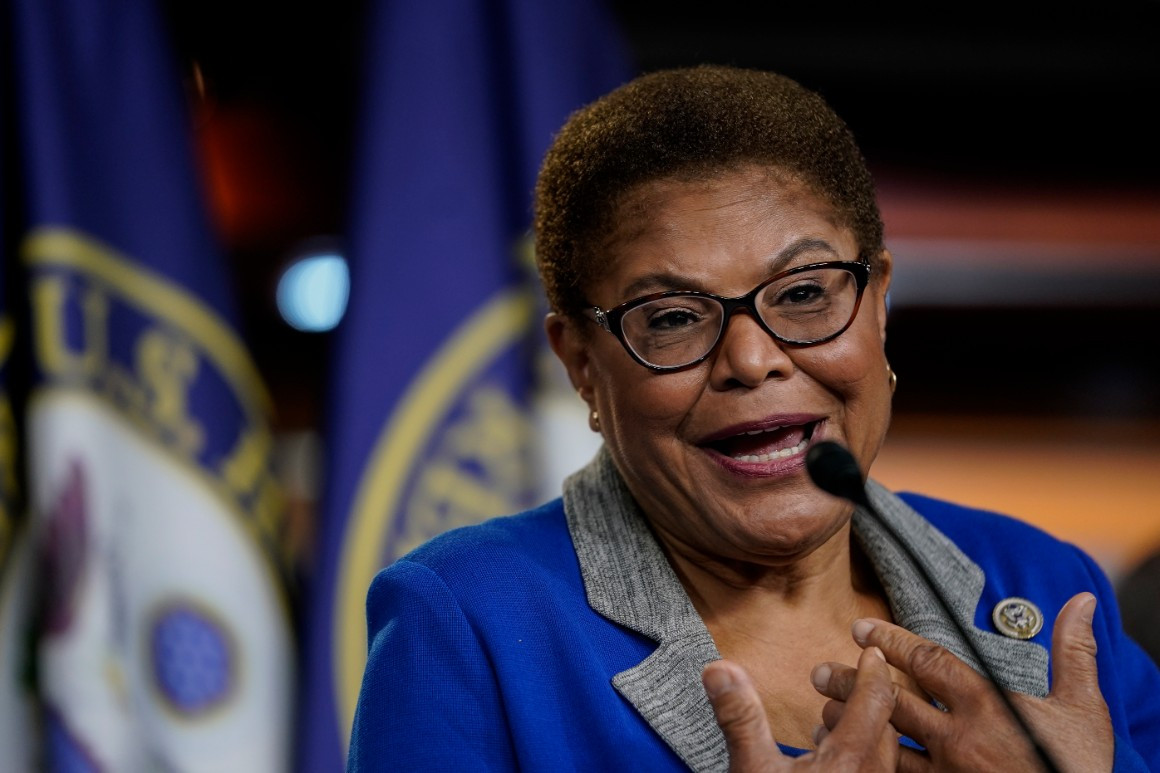.avif)
Ending the ABA’s Role in Accreditation Will Benefit Texas
If the Texas Supreme Court ultimately opens doors to alternative routes to the practice of law, it will expand the availability of legal services in the state, primarily benefiting poor and middle-class Texans.
Editor's Note: Part of Civitas Outlook's "Texas and the Future of Legal Education" Symposium.
Texas should no longer cede a critical gatekeeping function for the legal profession to a private organization whose members directly benefit from restricting competition. The Texas Supreme Court deserves applause for challenging the American Bar Association’s (ABA) role in accrediting law schools, a move that could significantly expand access to legal services across the state. If the Court ultimately opens doors to alternative routes to the practice of law, it will expand the availability of legal services in the state, primarily benefiting poor and middle-class Texans who are largely shut out of the market for legal services by the high cost of hiring a lawyer. One reason those costs are high is that the ABA has driven up the price of legal education through outdated accreditation standards.
Today, most people assume that accreditation of educational institutions is a consumer protection measure. This sounds plausible. Buying a law degree or other higher education degree is a big purchase, often the largest that a prospective student has made in his or her life thus far. Prospective students are often ill-equipped to evaluate the quality of law schools’ offerings. Even if they have family members who are lawyers, those relatives often graduated from law school decades ago. So their experience of legal education (even at the same school) is likely vastly different than a prospective student’s today.
As Roger Meiners and I argue in a forthcoming article on the anti-competitive effects of accreditation more generally, when the federal government expanded its role in funding higher education after World War II by providing funds for veterans to attend college, it became concerned that unscrupulous colleges would take advantage of veterans’ relative ignorance about college quality. Rather than attempt to regulate colleges directly, it instead required that colleges be accredited by an organization approved by the government. As anyone familiar with public choice theory would predict, these accrediting agencies were quickly captured by the colleges they were supposed to regulate and became effective means of enforcing a cartel that raised prices and stifled innovation (e.g. requiring minimum credit hours for degrees).
The ABA’s historical role in accrediting law schools is even more unsavory. As Prof. George Shepherd thoroughly documented in a 2003 article, No African-American Lawyers Allowed: The Inefficient Racism of the ABA’s Accreditation of Law Schools, the ABA standards for legal education were specifically designed to raise the cost of legal education to exclude Blacks, immigrants, and Jews, who were flocking to inexpensive night law schools. In the 1930s, the ABA's regulations of legal education, which required years of pre-law school higher education (and eventually an undergraduate degree), expensive libraries, a preponderance of full-time faculty, and other elements, successfully raised prices to exclude many lower-income individuals from the practice of law when they were instituted. They still do. The Texas Supreme Court could lead the nation in expanding access to justice by abolishing this archaic, anticompetitive accreditation requirement and allowing competitive forces to drive innovation in the preparation of lawyers.
Perhaps even if you are persuaded that the ABA’s initial motives for establishing accreditation were ill-intentioned, you remain doubtful about removing it now. Won’t opening the doors to the legal profession more widely bring in more poor-quality lawyers? It need not. As Prof. Samuel Estreicher has argued, the brilliant jurist Benjamin Cardozo never completed a three-year law degree; he attended Columbia Law School for just two years before passing the bar exam.[1] More generally, relatively few countries follow the American model of requiring seven years of higher education to become a lawyer. In many countries, law is an undergraduate degree. In Britain, an undergraduate degree in any subject, achieved with a minimum level of competence, together with passing a two-part test of legal knowledge and a two-year apprenticeship, is sufficient. There are many ways to acquire the knowledge and skills necessary to practice law. There is no reason to limit prospective lawyers to one particularly expensive one.
What would happen if the Court ended the requirement? Few existing law schools are likely to abandon their current model or relinquish ABA-accreditation, if for no other reason than to enable their graduates to practice in other states, where it remains a requirement. So just what would ending the requirement mean for Texas? There are states with state-accredited and unaccredited law schools (California, for example), and similar developments may occur in Texas. More likely, however, we would see some completely different models of legal training programs emerge, particularly in areas of high need which lack law schools. New training programs (which may or may not offer a degree) for lawyers could be created without the substantial fixed and subscription cost of a library (virtually all crucial materials are online) and relying primarily on practicing lawyers as part-time instructors. Indeed, before the ABA got its hands around their throats, that is precisely what the network of part-time and evening law schools in the 1930s looked like.
Where would this happen first? The Rio Grande Valley, Laredo, and El Paso are major population centers with vast unmet legal needs. Enabling people in those communities to become lawyers without the disruption and expense of moving away from home for three years (a significant expense) is one likely benefit. Texans deserve better access to justice, and better access to the legal profession, than the current anti-competitive system provides. The Texas Supreme Court has the power to unlock access to justice and the legal profession for all Texans. Let’s hope it seizes this opportunity.
Andrew Morriss is Professor at the School of Law and Bush School of Government & Public Service at Texas A&M University. He’s been a dean and associate dean, served on ABA accreditation teams, and taught at four different ABA-accredited law schools.
Politics
.webp)
Liberal Democracy Reexamined: Leo Strauss on Alexis de Tocqueville
This article explores Leo Strauss’s thoughts on Alexis de Tocqueville in his 1954 “Natural Right” course transcript.
%20(1).avif)
Long Distance Migration as a Two-Step Sorting Process: The Resettlement of Californians in Texas
Here we press the question of whether the well-documented stream of migrants relocating from California to Texas has been sufficient to alter the political complexion of the destination state.
%20(3).avif)
Who's That Knocking? A Study of the Strategic Choices Facing Large-Scale Grassroots Canvassing Efforts
Although there is a consensus that personalized forms of campaign outreach are more likely to be effective at either mobilizing or even persuading voters, there remains uncertainty about how campaigns should implement get-out-the-vote (GOTV) programs, especially at a truly expansive scale.

California job cuts will hurt Gavin Newsom’s White House run
California Governor Gavin Newsom loves to describe his state as “an economic powerhouse”. Yet he’s far more reluctant to acknowledge its dramatically worsening employment picture.

An anti-woke counter-revolution is sweeping through the media
From Hollywood to the newsroom, the hegemony of the ‘progressives’ is finally faltering.

What Adam Smith’s Justice Teaches Us About Stealing Benefits
There is a constant tension in liberal systems between the shared trust necessary for the system's survival and the use of public entitlements paid for at public expense.

The Family Policy Symposium
How should we approach the problems of family formation and fertility decline in America?




%20(1).jpg)









